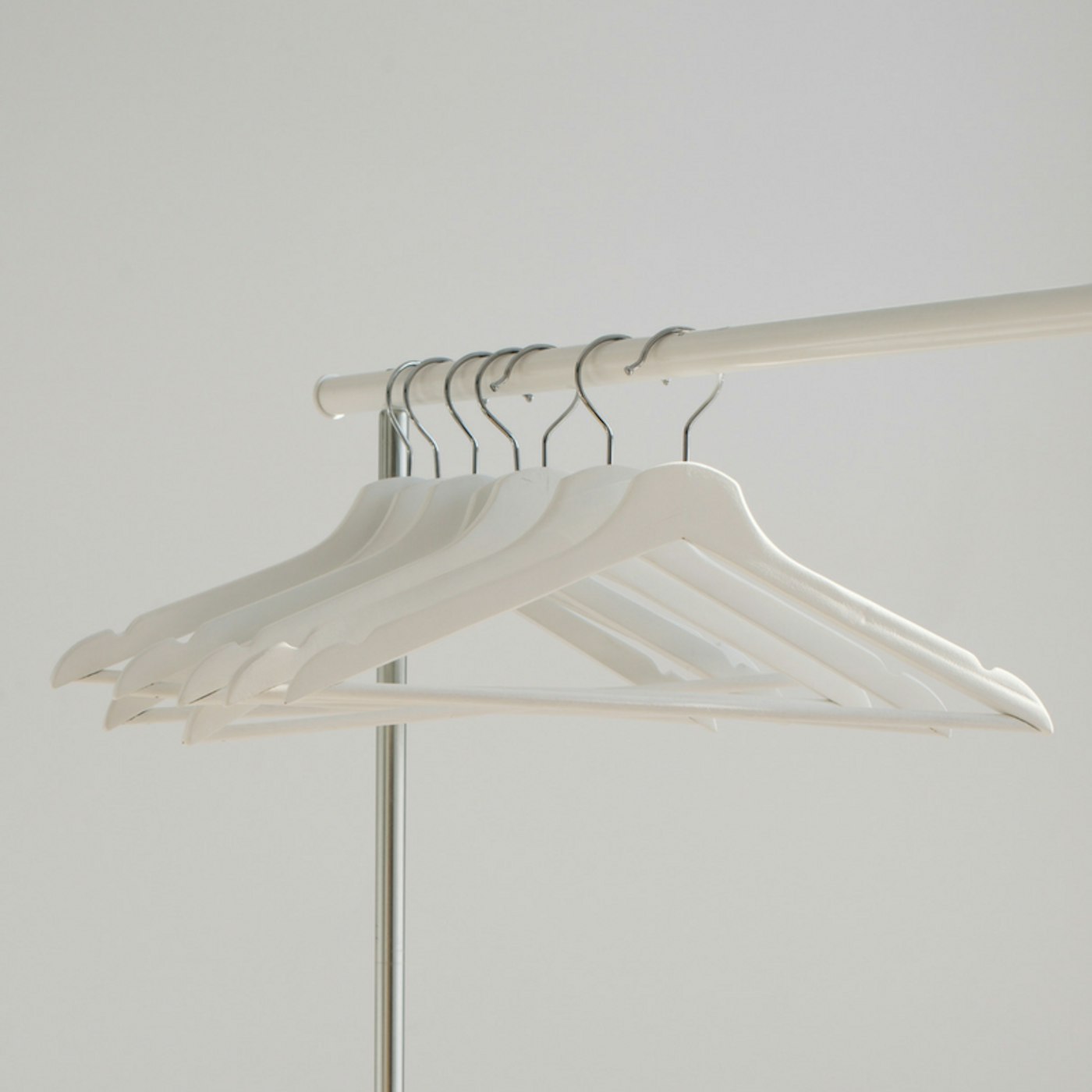Change the World – One Top at a Time #Imademyclothes
by Atia in Culture & Lifestyle on 21st February, 2019
A Handmade Revolution: A personal reflection on responsible fashion
We all need clothes, and we all use our clothes to express something about ourselves. But what do our clothes say about us and the world around us? Have you thought about the miles your clothes have traveled, and the people who spent hours making them?
Fashion Revolution is a movement that evolved from the outrage caused by the Rana Plaza disaster, where 1,138 people, mostly young women, died in a Bangladeshi factory due to unsafe working conditions. The Savar building housed five factories and was reported to have large cracks in the walls in the days before the collapse. Despite this, workers who refused to enter due to safety concerns were forced to enter the building by paid gang members who beat anyone who refuse. Many of those who survived suffered life-changing injuries which have left them unable to work while others were never found.
View this post on InstagramA post shared by Atia (@thebrightblooms) on
What does this have to do with fashion?
The workers in those factories were there to provide cheap labour to make the clothes that eventually end up in high streets in Britain and America. The drive to provide consumers with cheap clothes leads manufacturers to look for ways to cut costs. Safety and the welfare of already poorly paid workers is low on the list of priorities for unethical companies. The only way to end the exploitation is to demand that high street shops and fashion labels are transparent about the standards in the factories they use . Fashion Revolution urges us all to be aware of where our clothes comes from and to ask companies ‘who made my clothes’?
View this post on InstagramA post shared by Atia (@thebrightblooms) on
It can be a challenge to buy ethically, and of course none of us have an unlimited budget to buy clothes. One solution is to buy fewer, better quality items that last,
and to look after and mend our clothes rather than being ready to replace them with new ones too quickly. Buying secondhand clothes is also a great ethical option which prevents waste. For a few years, like many others, I have also made my own clothes, both as an enjoyable hobby and an ethical alternative to fast fashion.
Beautiful high-quality natural fabrics are much less expensive than ready-made clothes, clothes made with the same materials. #Makersforfashrev is a spin-off movement started by @inthefolds on Instagram, and demonstrates how sewists and makers can be part of the change in global fashion.
View this post on InstagramA post shared by Atia (@thebrightblooms) on
A simple dress or t-shirt can be made in a few hours, and I know exactly how much time and effort went into making each item. With more time-consuming items, such as a buttoned shirt or pleated dress, it makes me wonder how little a worker in a country like Bangladesh or Vietnam is being paid, if the final product can be sold for only £10-15 on the high street. The next challenge for me personally is to be aware of where my fabric comes from, and to try and buy organic and ethically produced fabric where possible.
I know not everyone can make their own clothes, but if Fashion Revolution can make one more person question how much they buy and where from, then disasters like Rana Plaza may be prevented in the future.
Atia
Colour magpie, Londoner, hoarder of yarn and fabric. From DIY Tutorials to creating the perfect urban garden, she has a little of everything for your homemade life.
